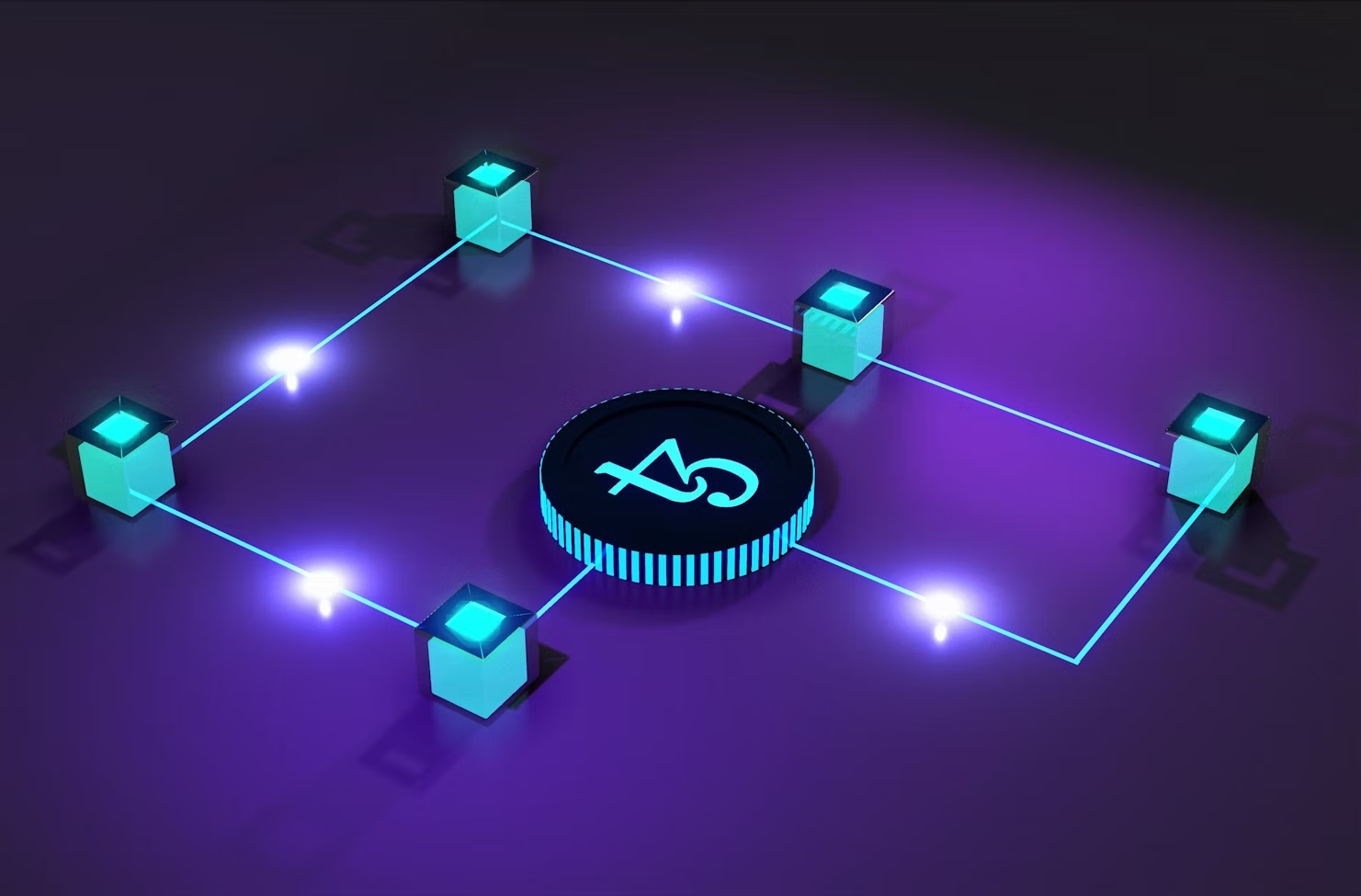In today's increasingly digital world, cybersecurity has become more important than ever. With cyber threats evolving rapidly, traditional security measures alone are no longer enough to protect sensitive data and systems. This is where Artificial Intelligence (AI) steps in, revolutionizing the way we combat cybercrime. In this blog, we’ll explore how AI is transforming the field of cybersecurity and how it helps protect us from ever-changing cyber threats.
AI-Powered Threat Detection
One of the key ways AI is enhancing cybersecurity is through its ability to detect and identify threats faster than human analysts could. Traditional security systems rely on rule-based methods to identify threats, but these can only detect known malware or attacks based on predefined signatures. AI, on the other hand, uses machine learning to analyze large amounts of data in real-time and recognize patterns of malicious activity that may indicate a potential threat.
AI-driven systems can detect both known and unknown threats, giving organizations the ability to stay one step ahead of cybercriminals. This proactive approach enables faster identification and response times, significantly reducing the potential damage from cyberattacks.
Behavioral Analytics: Spotting Anomalies
AI is also changing the game when it comes to behavioral analytics. By analyzing the normal behavior of users and systems, AI can flag any abnormal activity that may indicate an insider threat or a compromised account. For example, if a user who typically logs in from one location suddenly logs in from a different country or accesses sensitive data, AI-powered systems will raise an alert.
Behavioral analytics can also help detect fraud by identifying patterns in financial transactions that deviate from the norm. With AI constantly learning and adapting to new data, these systems can improve over time, becoming more accurate and effective at spotting potential threats.
Automating Incident Response
Another major benefit of AI in cybersecurity is its ability to automate incident response. When a cyber threat is detected, AI systems can immediately take action to mitigate the risk. For example, AI can automatically isolate an infected machine from the network, shut down suspicious processes, or deploy security patches. This automation significantly reduces response times, ensuring that threats are addressed before they can escalate.
In addition to automatic responses, AI can assist security teams by providing detailed reports and recommendations on how to handle specific incidents, enabling human analysts to make more informed decisions quickly.
Predictive Security: Staying Ahead of Cybercriminals
AI is not just about reacting to threats; it’s also about predicting them. With predictive analytics, AI can analyze historical data to identify emerging threats and potential vulnerabilities before they are exploited. By studying trends in cybercrime, AI can help organizations strengthen their security posture and implement preventive measures.
For example, AI can predict new attack vectors based on current trends and provide organizations with the insights they need to patch vulnerabilities or adjust their security protocols accordingly. This proactive approach can save organizations from falling victim to evolving cyber threats.
Challenges and Ethical Concerns
While AI is undoubtedly a powerful tool in cybersecurity, it also presents some challenges and ethical concerns. The use of AI in security systems raises questions about privacy and data protection. AI-driven systems often require access to large datasets, which may include sensitive personal information. It’s essential to ensure that AI systems are designed with robust security and privacy measures in place to protect user data.
Additionally, AI can be vulnerable to exploitation by cybercriminals who may attempt to manipulate the algorithms for their benefit. Therefore, it’s crucial for AI systems to be constantly monitored and updated to ensure they remain effective in detecting and responding to threats.
Conclusion: The Future of AI in Cybersecurity
As cyber threats become more sophisticated, AI will continue to play an increasingly important role in protecting our digital world. With its ability to detect, analyze, and respond to threats in real time, AI is transforming the way organizations approach cybersecurity. However, it’s essential to balance the benefits of AI with ethical considerations and ensure that these technologies are used responsibly.
In the coming years, AI-powered cybersecurity systems will likely become even more advanced, making it possible to stay one step ahead of cybercriminals and safeguarding sensitive information from malicious attacks. As technology evolves, the combination of AI and cybersecurity will be essential in building a safer and more secure digital future for all.




